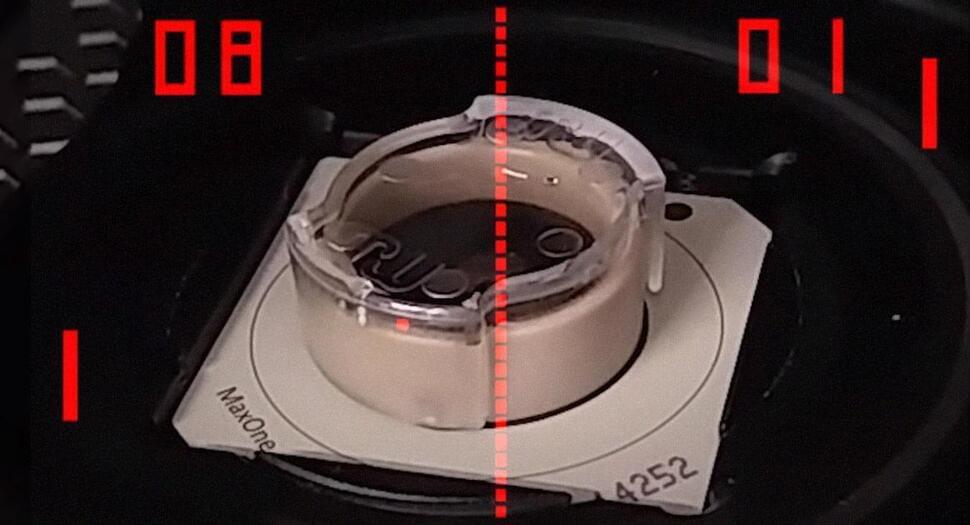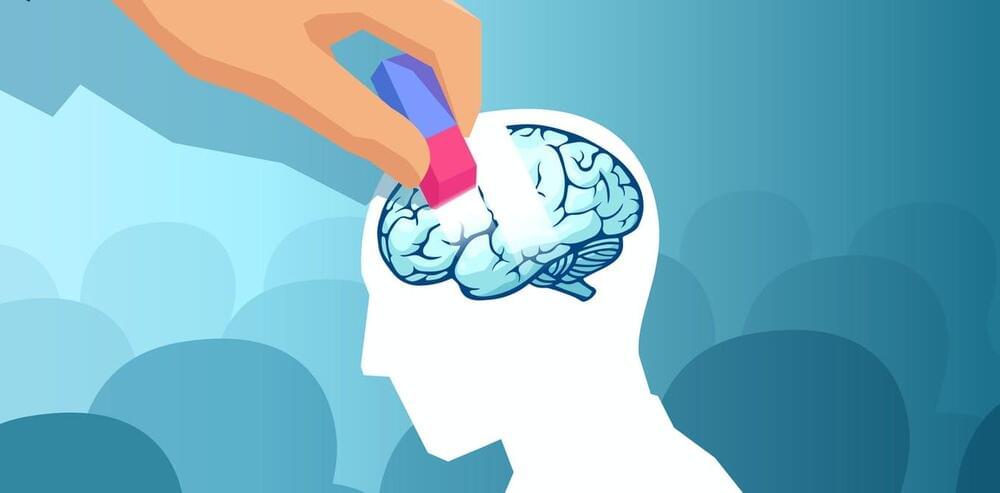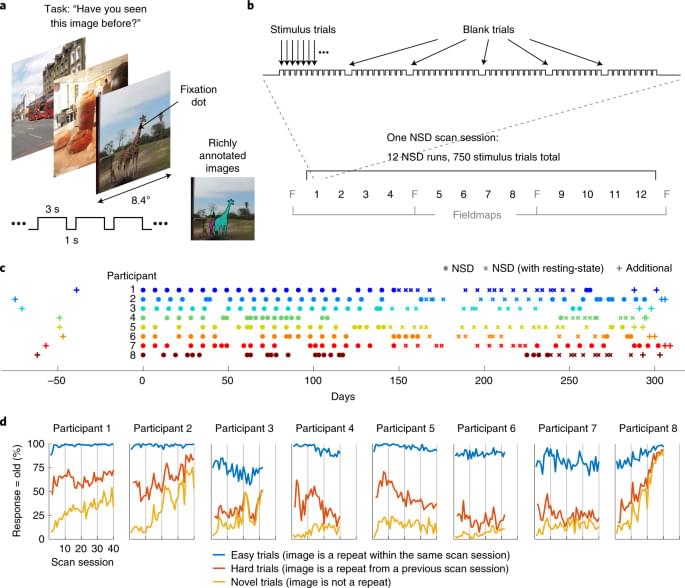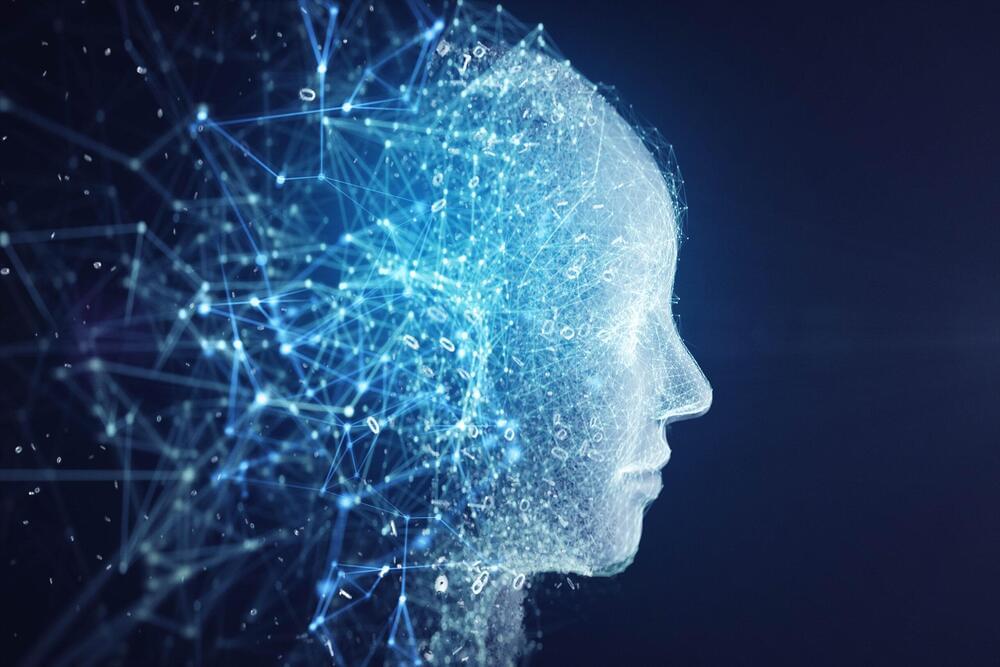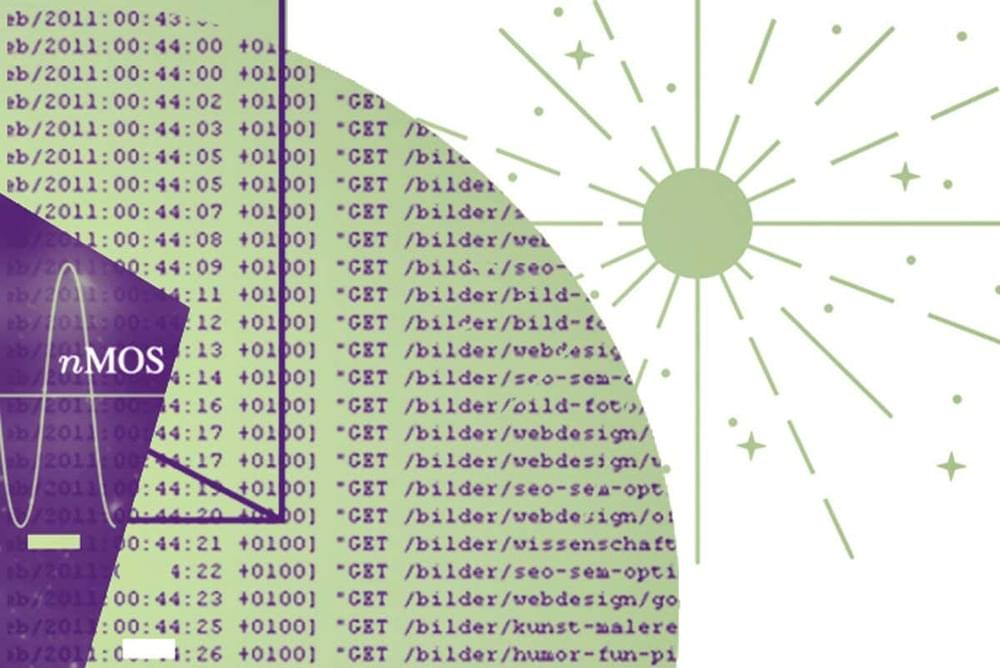Scientists have successfully taught a collection of human brain cells in a petri dish how to play the video game “Pong” — kind of.
Researchers at the biotechnology startup Cortical Labs have created “ mini-brains ” consisting of 800,000 to one million living human brain cells in a petri dish, New Scientist reports. The cells are placed on top of a microelectrode array that analyzes the neural activity.
We think it’s fair to call them cyborg brains, Brett Kagan, chief scientific officer at Cortical Labs and research lead of the project, told New Scientist.
